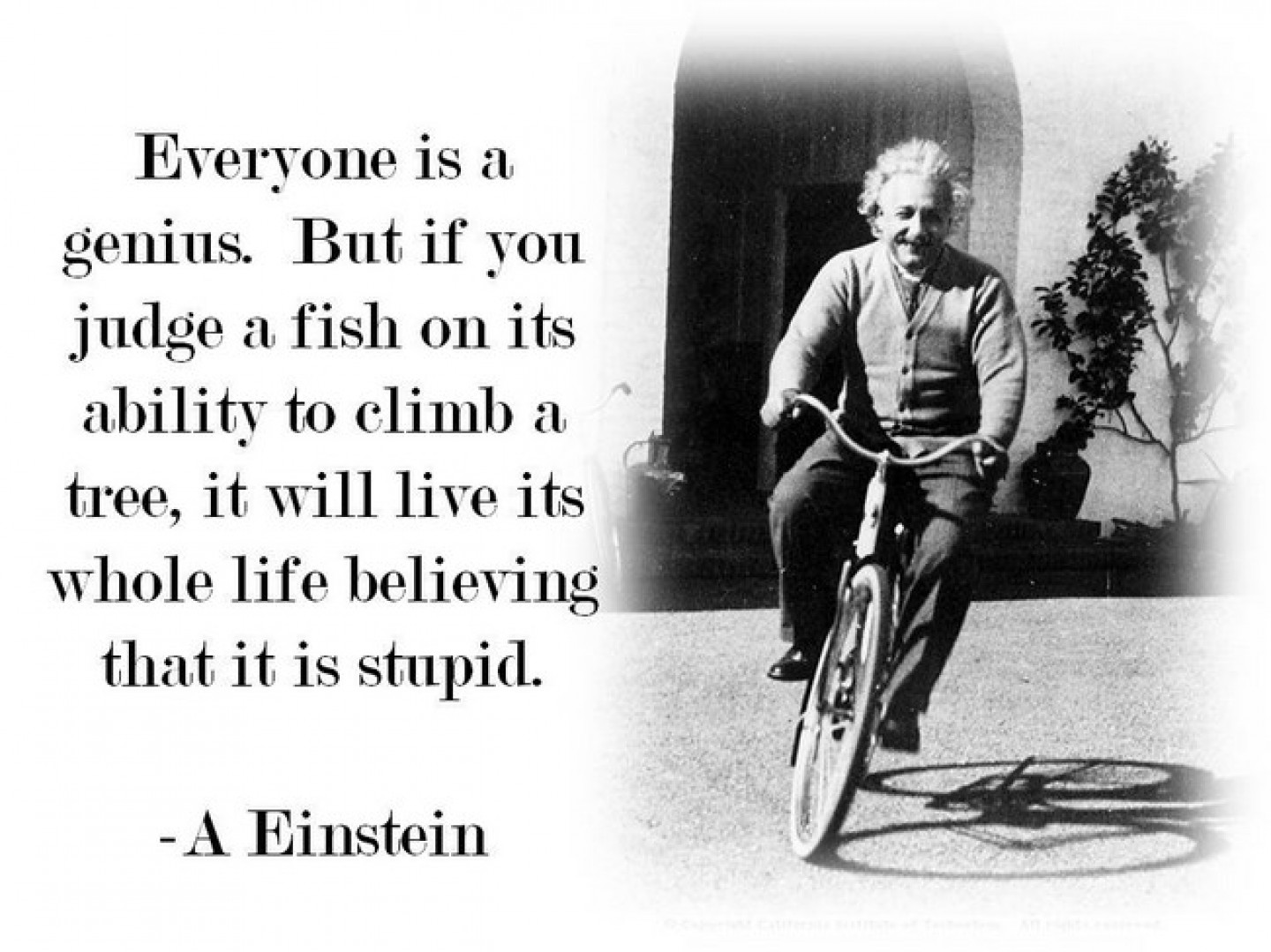There are certain traits I admire in the people I interact with, be they my friends, coworkers or managers. At the top of my list of admirable traits is honesty. Honesty is most important to me because I believe it reflects one’s true character. If people are dishonest and cannot even keep their word with the small things in life, there is nothing preventing that dishonesty from rolling over to the bigger things. Having truthful interactions with people is key in developing healthy relationships, especially when in leadership roles. Positivity is another important trait to me. This is an infectious trait, and being around people that exude positivity creates a more positive, successful environment as a whole. Adversely, being around negative people creates an uncomfortable, unproductive environment. Related to my outlook on passion in one’s work, I view motivation as another key trait. True motivation comes from believing in your work, and when motivation is clearly visible it can be as infectious as positivity and passion. If someone embodies honesty, positivity and motivation in their daily lives, they have the fundamentals of not only a great person, but also a great leader.
Tag: traits
Pros & Cons of Trait Theory
I believe that trait-based leadership theory has both pros and cons to it. Being a student within SDSU’s Hospitality and Tourism Management program, which focuses on training future leaders in the hospitality industry, I think that traits do play a part in leadership, though these leadership traits are not necessarily hereditary. In our classes we are taught how to utilize our strengths and train ourselves to exhibit some of the traits mentioned (e.g. motivation, initiative, honesty) in the trait-based theory articles, and I believe that this is one of the main pros of trait-based theory; it tells us which traits are most common in successful leaders. With this knowledge, we know what to work on to best develop ourselves. However, the main con of trait-based theory is that if aspiring leaders are not exhibiting these traits, they may lose faith in their leadership capabilities. When people see leadership traits as heredity-based, they lose the drive to develop themselves.
In the article “Leadership: do traits matter?”, great man theory, which supposes that leaders were born with inherited leadership characteristics, is brought up. Much like the current “white privilege” discussion in America, I believe great man theory’s foundation lies in one’s situation. Just as people are born into white families and inherit the same “white privileges”, so too are people born into positions of inherited wealth and leadership. These “great men” may not necessarily have had accredited leadership training that others had to have to get to positions of power, but they are able to lead the lives of leaders because the situation they were born into. While great man theory is extremely outdated, I believe that the foundation of the theory has some truth to it. However, one’s family history of leadership should not be a factor when choosing managers.
